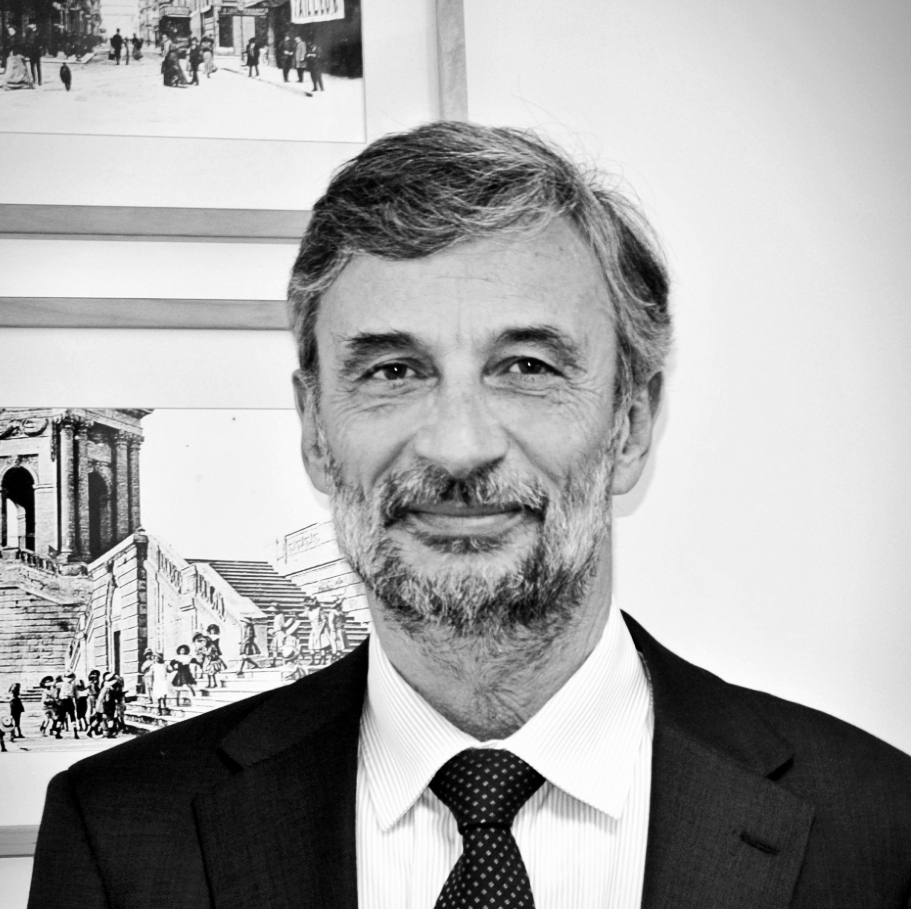 Household waste management requires a reasoned and synergetic approach to the optimisation of collection methods and the recovery of collected waste. Today, nobody disputes the need to consider waste as a resource, after having, of course, reduced the amounts produced at the source. The different kinds of waste collection must work intelligently with the collection methods in place; recovery, like collection, has its own technical, environmental, regulatory, sociological, and economical constraints.
Household waste management requires a reasoned and synergetic approach to the optimisation of collection methods and the recovery of collected waste. Today, nobody disputes the need to consider waste as a resource, after having, of course, reduced the amounts produced at the source. The different kinds of waste collection must work intelligently with the collection methods in place; recovery, like collection, has its own technical, environmental, regulatory, sociological, and economical constraints.
In a context of constantly evolving household waste treatment and recovery sectors, of emerging sectors, such as the production and recovery of Solid Recovered Fuels (SRF) from waste, in which the production and recovery of renewable energies becomes an ongoing national energy transition and circular and sustainable economy target, in which reducing the amount of landfill waste is inevitable, in which the resulting material recycling must consequently be increased and, as a consequence, must consider the recovery of the organic matter contained in household waste more seriously, and, finally, in a context where reducing greenhouse gases, and notably CO2 emissions, continues to be a major preoccupation of industrialised and developing countries alike, selecting the collection and treatment methods adapted to their territories is a delicate compromise for the local communities, which must, in this complex environment, also take their budget constraints into account.
Involved in both the collection and treatment of household waste, we were among the first actors to consider this global issue and implemented solutions to optimise the cost of collection, to treat the fractions collected in order to better recover them - according to their intrinsic characteristics -, and to avoid whenever possible sending “refuse” to lanffill facilities. In that respect, the design of the household waste facility in Métropole Aix-Marseille Provence, built and operated by the Urbaser group, is a perfect example; a pioneer nationally, with a comprehensive and multi-utility management of household waste, downstream from a waste collection that promotes recycling, and that ensures, at facility level, additional waste sorting, the production of a combustible fraction recovered to produce electricity, the production of a biogas from the methanisation of organic fractions, and the production of a standard compost. This facility was the precursor of the “sorting/material recovery/organic recovery/energy recovery of combustible fractions/energy recovery of biogas” concept. It is also the fruit of our technical culture that encourages us to invest, far from dogmatism, in tomorrow’s technologies and sectors, which is the reason why our offer is always adapted to today’s needs.
It is indeed this in-depth analysis of both territorial needs and constraints, it is indeed this reading of national energy and environmental policies, it is indeed this vision of Public Service that we provide to local communities through our services, our expertise, our technical skills, and our proximity, a mark of confidence and reliability.
Claude Saint-Joly
Chairman



